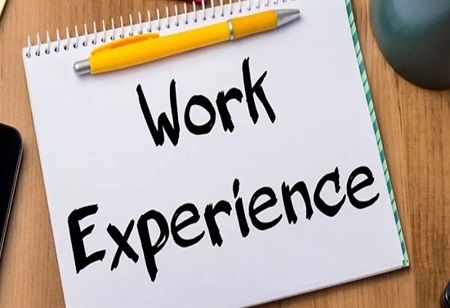- MoHESR has issued a Guide for Governance of Work Experience, making hands-on work experience an integral part of higher education programs in universities and vocational institutions.
- The guide establishes clear roles and responsibilities for HEIs, work experience providers, and students, ensuring quality, safety, and professional standards.
- With standardized templates, operational frameworks, and regular assessments, the initiative aims to better integrate theory with practice, enhancing employability and bridging education with the workforce.
The Ministry of Higher Education and Scientific Research (MoHESR) has published a detailed Guide for Governance of Work Experience for higher education institution (HEI) students, including universities and vocational training centers. The new policy officially makes work experience a constitutive part of the study path, substituting the erstwhile descriptor 'practical training'. The move is intended to systemically integrate theoretical knowledge with applied skills, preparing students better for the workforce while guaranteeing ethical and formalized practices in the work experience side.
Taif Mohamed Alamiri, Acting Assistant Undersecretary for the Higher Education Regulation and Governance Sector, emphasized the significance of the guide in organizing the work experience environment. She outlined that the guide offers a concise and practical framework to all the stakeholders involved, setting the highest standards for quality and governance. Through the implementation of this framework, HEIs will be in a position to develop more meaningful and effective programs, providers of work experience will have a contractual basis for cooperation, and students will benefit from much-needed hands-on training that complements theoretical learning.
Alamiri highlighted the guide as an expression of MoHESR's dedication to international best practices in the governance of education and characterized quality work experience as a national imperative and a wager on the future. She further stressed that the guide would be strictly followed through regular follow-up field visits and ongoing assessment, done in coordination with local and federal stakeholders to ensure that standards are always met.
Also Read: MoHESR and ADEK Team Up to Enhance Student Experience and Regulate University Operations
The guide creates a common national model of work experience for all HEIs, clearly outlining the roles and responsibilities of providers, institutions, and students and strengthening monitoring and quality assurance. The guide also features operation manuals and templates to help universities develop skill development, high-quality programs that optimize learning outcomes.
Under the model, HEIs are accountable for developing planned programs, allocating supervisors, and monitoring student performance. Providers of work experience are to provide a safe, professional, and encouraging environment, distribute competent mentors, and consistently enhance their services. Students, in turn, are required to conduct themselves professionally, keep regular attendance, and record all the activities within an officially certified register.
By this effort, MoHESR hopes that work experience is a quality, properly governed aspect of higher education, equipping students with applied skills, promoting professional conduct, and enhancing the bridge between the academy and the world of work. By bringing clarity, order, and responsibility, the guide establishes work experience as a life-changing component of the learning process, to the advantage of individuals, institutions, and the broader labor market.

